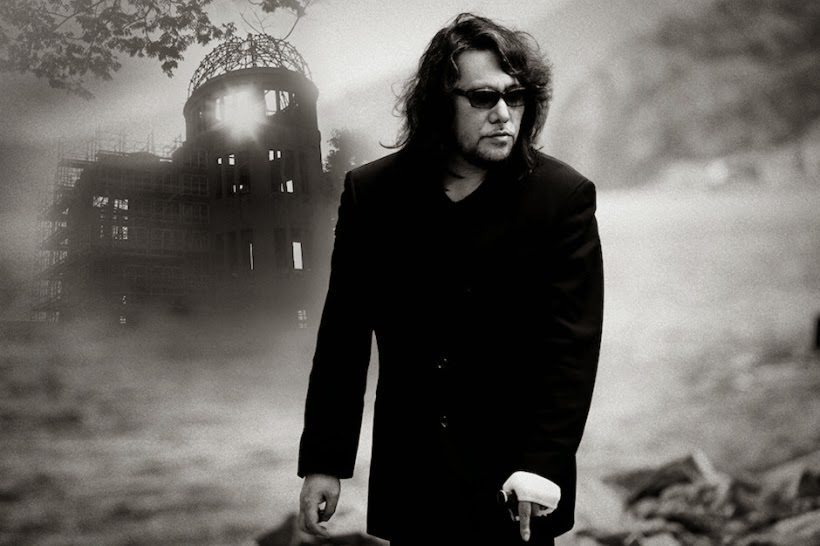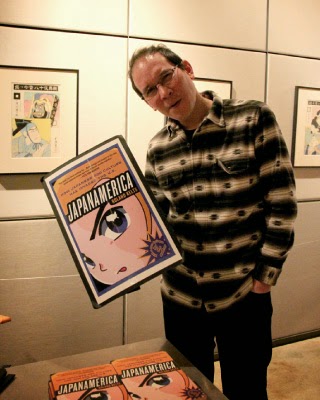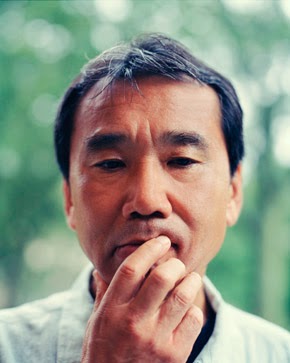On manga and the Toronto Comic Arts Festival 2014 for my Japan Times column

Manga becomes a major draw at Toronto Comic Arts Festival BY ROLAND KELTS The 11th annual Toronto Comic Arts Festival (TCAF) kicked off May 10. As its title suggests, it’s less a fan-focused pop convention than a platform for comics and graphic novels as art, and for the artists who create them. It has also emerged over the past few years as a great friend to manga. Toronto is often cited as one of the most culturally diverse cities in the world, and one of the safest, with crime rates far lower than in neighboring U.S. metropolises. Half of Toronto’s population were born outside of Canada, a good portion of them in Asia. When I visited the city a few months ago to take part in a week of readings and presentations at the behest of The Japan Foundation, I was surrounded by Asian cuisine and culture on nearly every block. My audiences were large, deeply engaged and multi-ethnic, looking less like a hockey team than a Benetton commercial. “Toronto has become a great place for fa...




